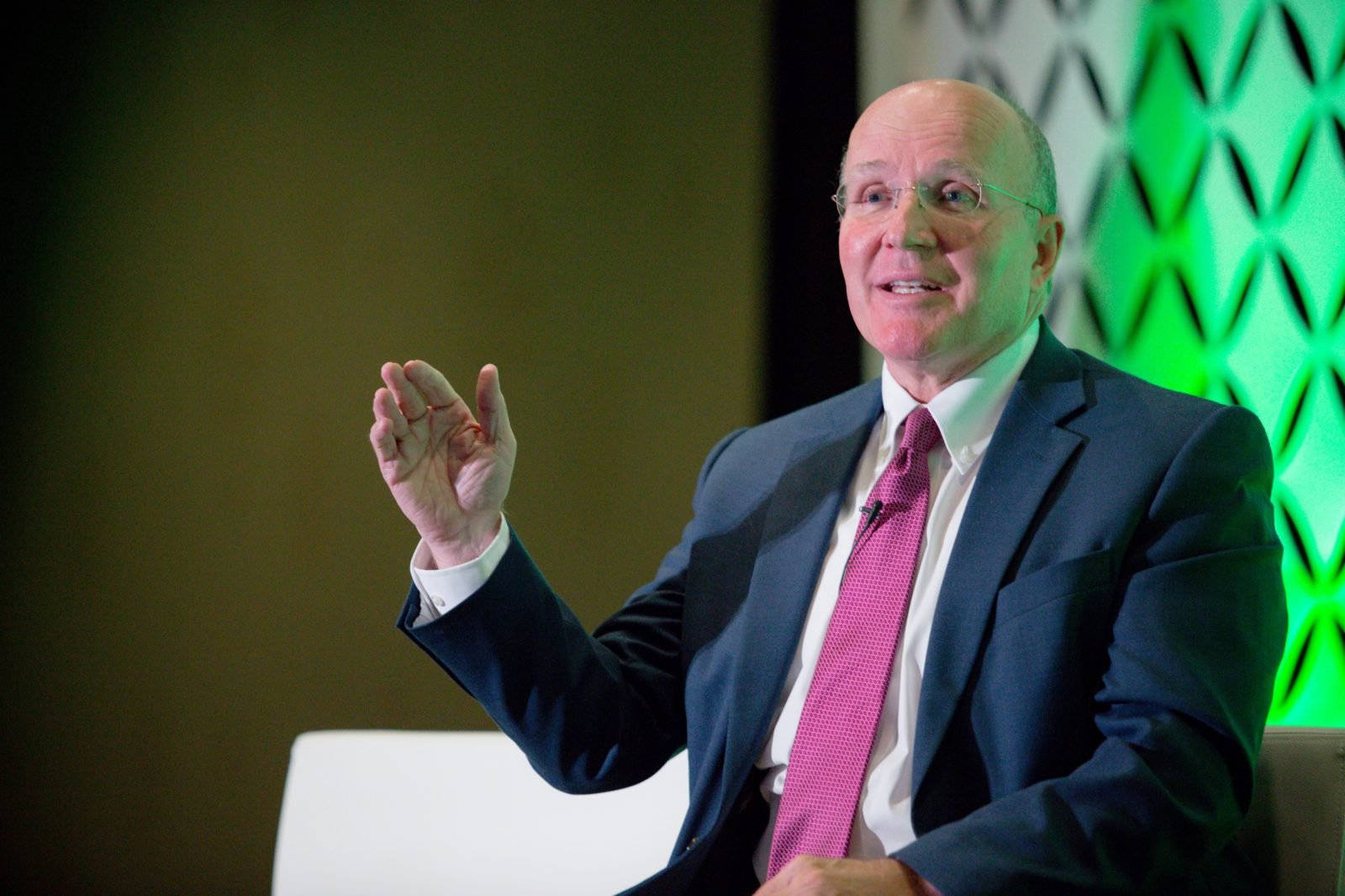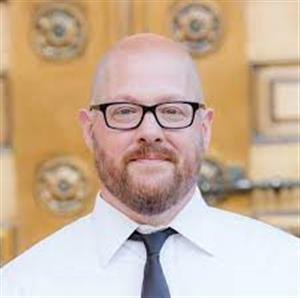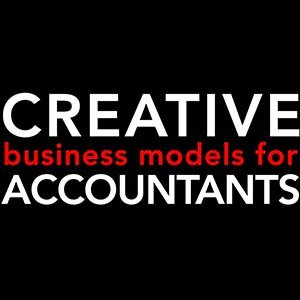Inspired by an article by former TSOE guest B. Joseph Pine II, and James H. Gilmore, Ed and Ron explored how businesses--including professional firms--can stop wasting the customer's time. Strategies for helping customers save time, and invest it well were explored.
Unlike our show notes editor, artificial intelligence doesn’t file for PTO. With that, here are some links referenced in the show and the AI generated notes:
Show links
AI notes
Professional Services and Time Tax Discussion
Ed and Ron had a wide-ranging discussion about various topics, from their allergies to a radio show they were preparing to host. They also discussed a colleague, Greg, who was planning a camping trip. The discussion touched upon an article about hourly billing, which Ed agreed to review. The concept of "time tax" was introduced, which refers to wasting customers' time. Ed and Ron discussed the idea in the context of professional services and linked it to the work of Joe Pine and James Gilmore, authors of "The Experience Economy". They concluded that professional firms can provide serial transformations, adjusting their services based on the customer's needs. The importance of not wasting customers' time in business operations was also highlighted, with examples from UPS and Amazon. There was some confusion towards the end regarding a planned break, which was clarified during the meeting.
Time Spent With Clients: Pricing and Experience
Ed and Ron engaged in a wide-ranging conversation about charging for time spent with clients. They explored alternative pricing options, such as contractor, consultant, and coach. The discussion also touched on the importance of providing a memorable experience, with Ron emphasizing that experiences offer time well spent and can lead to increased customer value and spending. They contrasted Uber and Airbnb, noting that while Uber saves time, it doesn't necessarily provide time well spent. They also discussed the role of customer service and hospitality in various sectors. Towards the end, they emphasized the importance of time management in business operations and the concept of time well invested. It goes beyond simply spending time with customers but involves enriching their lives and helping them achieve their aspirations.
Pricing, Value, and Technology Discussion
Ron and Ed discussed Joe Pine's upcoming book and his previous appearance on their show. They also talked about a LinkedIn post about Ron's book and an article about the potential impact of General AI on legal pricing. The conversation then shifted to the challenges associated with evaluating the value of tasks in their firm and the need to shift the focus to the customer's perception of value. They discussed the pricing model of their company's services and the role of technology in this process. Ron suggested that the issue lies not with the pricing model but with the business model, particularly the billable hour. They also discussed Apple's new product, the Vision Pro, and its pricing strategy.
Shift to Outcomes and AI Pricing Strategies
Ron and Ed discussed the shift from a fee-for-service mentality to a focus on outcomes and professionalism. They highlighted an upcoming talk by Aaron Harris, Global CTO of Sage, on AI and pricing strategies. The conversation also touched on the concept of paid interaction, suggesting that audiences might pay for experiences rather than just time.
Bonus Content is Available As Well
Did you know that each week after our live show, Ron and Ed take to the microphone for a bonus show? Typically, this bonus show is an extension of the live show topic (sometimes even with the same guest) and a few other pieces of news, current events, or things that have caught our attention.
Click the “FANATIC” image to learn more about pricing and member benefits.



























